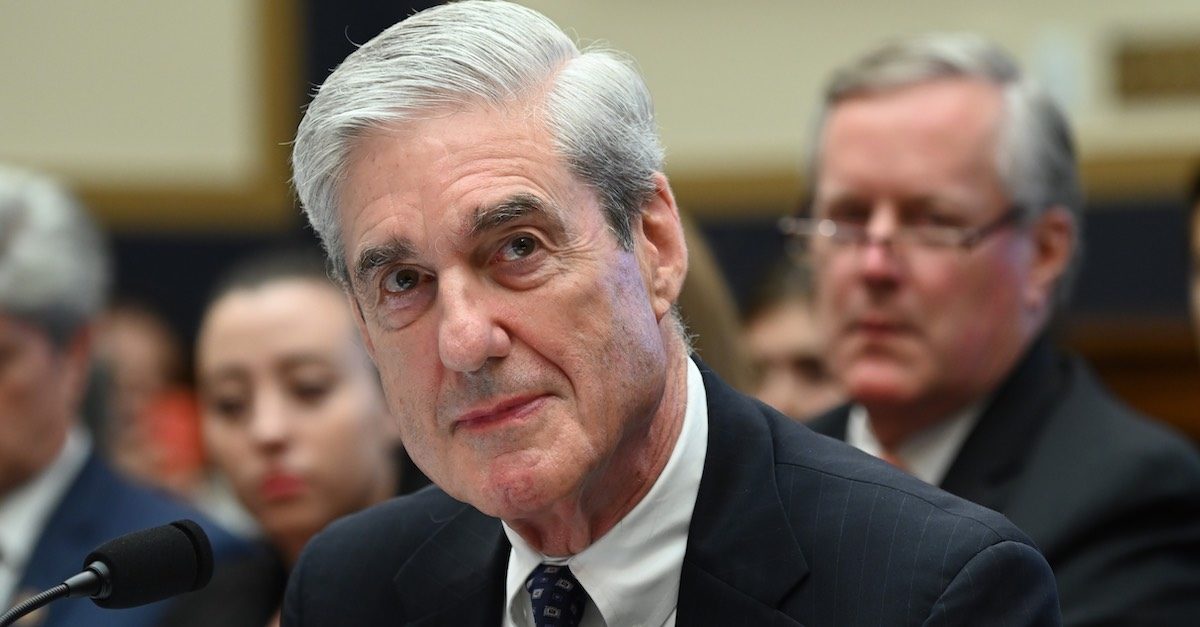
House Democrats on Tuesday announced the two articles of impeachment against President Donald Trump that they plan to vote on: 1) abuse of power; 2) obstruction of Congress. Both relate to the president’s conduct regarding Ukraine, meaning congressional investigators chose not to add any articles of impeachment based on the conduct outlined in former special counsel Robert Mueller’s report. The decision as to whether or not Democrats should include charges from the Mueller report from their articles of impeachment has been the topic of debate and speculation for some time, and Tuesday’s announcement caused disagreement among prominent legal commentators and experts.
Benjamin Wittes, the editor in chief of the national security law-focused blog Lawfare, called the decision to exclude charges based on the Mueller report “disappointing” during an appearance on MSNBC Monday night.
“It’s understandable in the sense that a certain number of Democrats were always uncomfortable with the Mueller allegations as a basis for impeachment,” Wittes began. “That said, if you’re going to impeach Donald Trump for abuse of power and for obstruction of Congress, it seems kind of conspicuous to leave out the kind of flamboyant obstructions of justice that Mueller describes.”
He suggested that it was “odd” Congress seemed to care more about defiance of its process than it does about Trump obstruction of the Mueller probe.
Former NSA attorney and Lawfare executive editor Susan Hennessey issued a similar criticism of House Democrats. She wrote that an episode Mueller described — Trump directing former White House counsel Don McGahn to create a false record denying that he asked McGahn to set Mueller’s firing in motion — had to be included in articles of impeachment.
“While there are other compelling examples, the McGahn episode is the single strongest episode of obstruction of justice in the entire Mueller report,” Hennessey wrote. “The facts of what occurred are established by clear evidence and are supported by both documentary records and the testimony of multiple White House officials. It is also an example of obstruction that is unambiguous on the law—it presents a clear criminal violation.”
Not everyone agreed with these analyses, even those who have routinely (and from the start) called for Trump’s impeachment.
On the other side of the debate, Harvard law Professor Laurence Tribe – who spent the weekend in Washington helping congressional Democrats prepare — argued that the House intentionally and appropriately kept the charges sharply focused on the “gravest” and “clearest” crimes against the U.S. Constitution.
https://twitter.com/tribelaw/status/1204414633878204416?s=20
“These Articles perfectly charge the gravest possible Crimes against the Constitution and stress that the conduct charged was ‘consistent with’ the president’s ‘previous invitations of foreign interference’ and ‘previous efforts’ to obstruct justice,” Tribe wrote.
“I think [Prof. Tribe] is wrong here,” Hennessey shot back, saying that “Trump’s obstruction related to McGahn is a clear constitutional crime and, as I argue here, it was a serious error to omit it.”
https://twitter.com/Susan_Hennessey/status/1204439945575829504?s=20
“It is not too late to remedy,” she added.
[image via ANDREW CABALLERO-REYNOLDS/AFP/Getty Images]